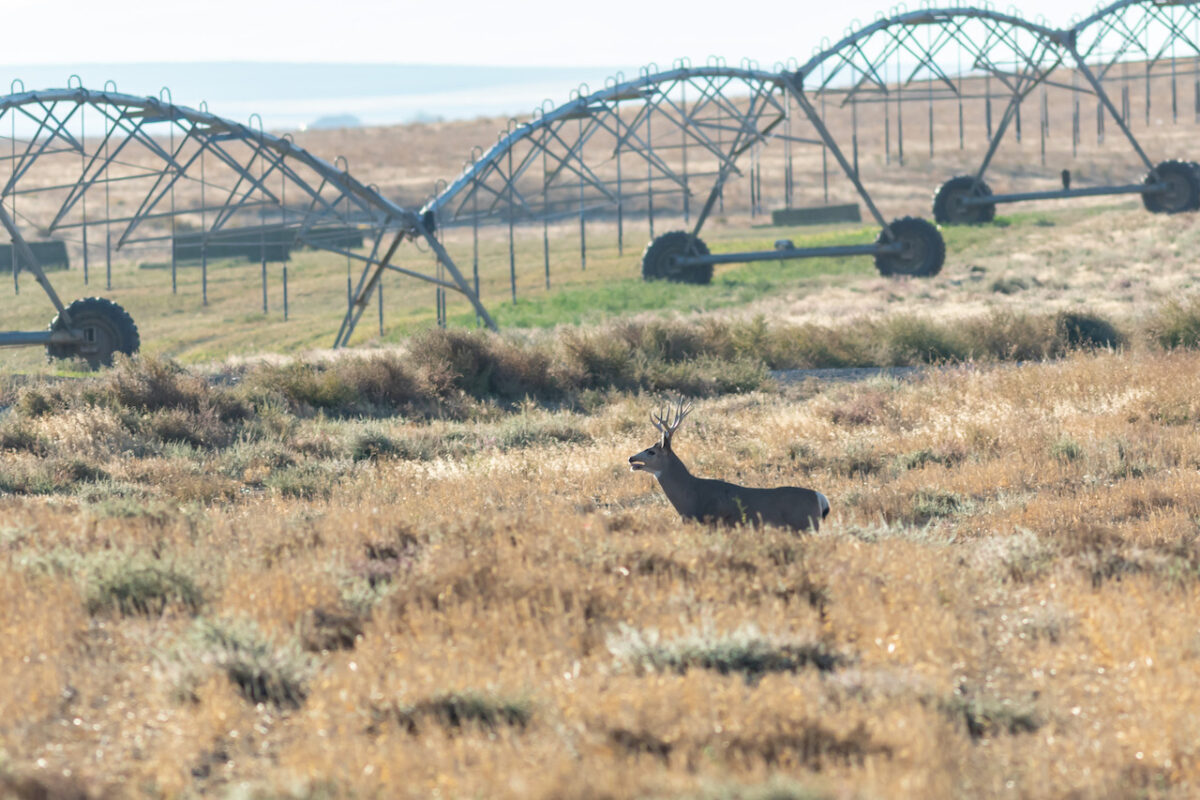
Final Mule Deer Plan Rewrite Webinar Talks Human Impacts, Poaching, Monitoring
THE FOLLOWING IS A PRESS RELEASE FROM THE OREGON DEPARTMENT OF FISH AND WILDLIFE
ODFW staff will host the final webinar about its rewrite of the Mule Deer Management Plan on Tuesday, Jan. 9 at 6 p.m. The webinar will focus on chapters looking at anthropogenic impacts, poaching, management objectives, and population monitoring.

Watch the webinar and participate via the Mule Deer webpage, https://www.dfw.state.or.us/wildlife/management_plans/mule_deer/index.asp Comments and questions can be submitted from the page.
The webinar will begin with wildlife biologists presenting information, followed by a Q&A session based on comments and questions received. It will be recorded and saved to YouTube for those who are unable to view the livestream.
The monitoring section (to be posted before the webinar) will add important information to the department’s movement toward management at herd range levels as a more biologically meaningful scale for population monitoring. A new population model will provide more consistency and transparency in population counts, reducing the amount of variability due to sample and environmental variation. (Counts can vary based on snowpack for example, as heavy snow will congregate big game and produce higher results than years with lower snowpack.)
Biologist will also discuss a new tiered approach to mule deer management objectives for each herd. Herds will be designated as low, medium or high concern based on both population abundance and growth rates.
The chapter on anthropogenic (human caused) impacts discusses recreational and road impacts, energy development, rural development/urban growth and looks at strategies to address their impacts on mule deer. The poaching chapter considers the impact of illegal take on mule deer, which can be substantial, and strategies to counter poaching including the Stop Poaching campaign.
